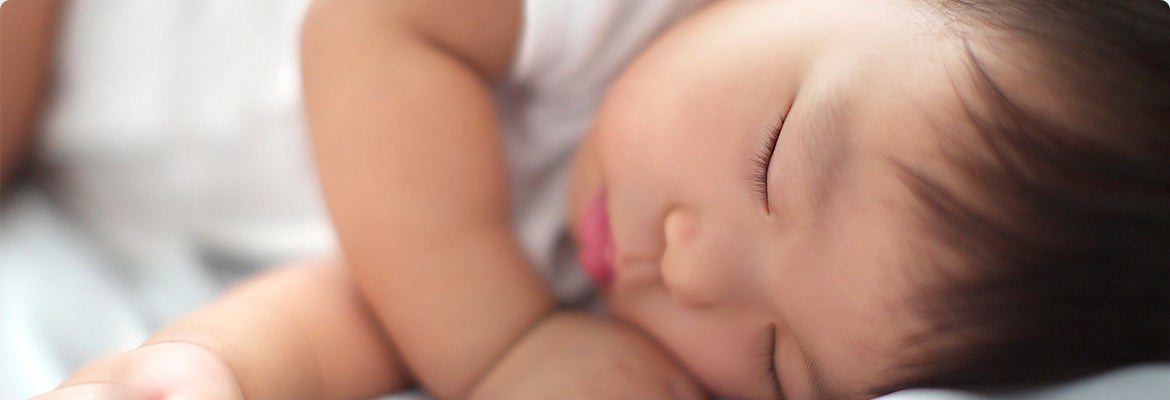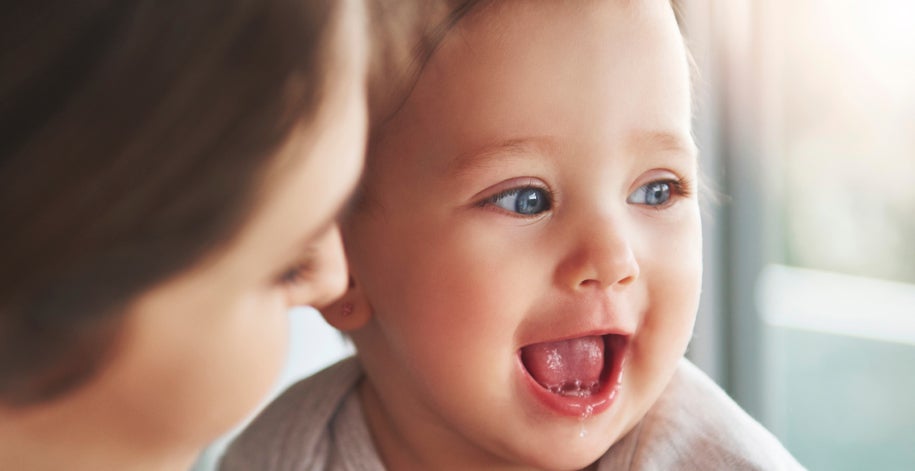Iron Deficiency
Iron
Iron is an important dietary mineral that is involved in multiple bodily functions. Perhaps most notably is its role in the transport of oxygen around the body, which is essential to the production of energy by the body’s cells. Iron is also vital for brain development.
Children from babyhood through to the teen years have very high requirements for iron so it is important to ensure their diet meets their needs.
Iron Deficiency
Children 1 to 3 years old are at higher risk of iron deficiency anaemia mainly because their increased needs for iron may not be met by their diet.
What is iron deficiency?
Iron is present in all cells and has several vital functions, including being part of haemoglobin, the substance that transports oxygen in the blood.
Iron deficiency occurs when there is insufficient iron in the body to meet the child’s needs.
What are the possible symptoms and signs of iron deficiency?
- Fatigue
- Irritability
- Pallor
- Diminished mental, motor and behavioural functioning
Can iron deficiency be treated?
Your healthcare professional can diagnose and treat iron deficiency, but prevention is the ultimate goal.
How can iron deficiency be prevented in the 1st and 2nd years of life?
- Start complementary foods rich in iron from around 6 months of age. Talk to your health care professional to suggest a suitable option.
- Avoid cow’s milk, as it is low in iron
- Feed a variety of foods rich in iron and vitamin C
- Use iron-fortified cereals
Which foods are rich in iron?
- Meat
- Fish
- Age appropriate Iron-fortified cereals
- Brown bread
- Beans
- Spinach


